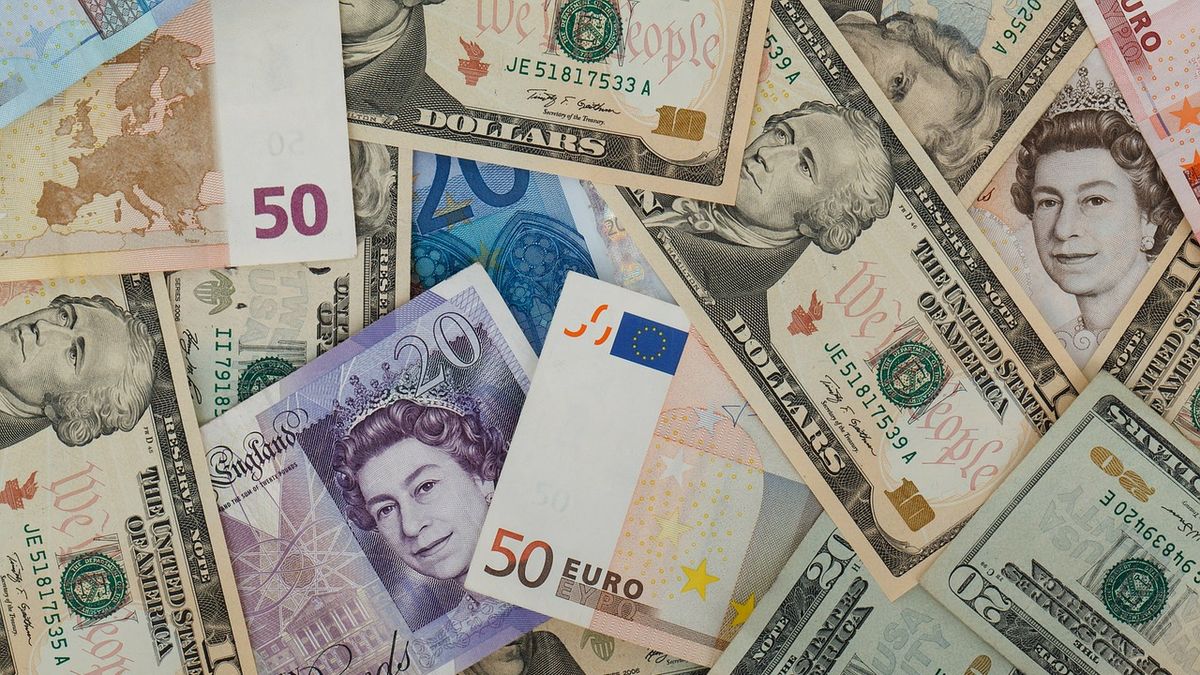As a counterpart, the euro is devalued 0.3% against the US currency, after falling to a new low of 1.1059 units at the beginning of the session.
“Developments surrounding the war in Ukraine will continue to be the main driver of euro price action for the session,” said Shaun Osborne of Scotia Bank. “A continued escalation of the conflict, with no clear escape route for Russia, is pushing the euro to a test of 1.10 in the coming days,” he noted.
In the meantime, Commodity-linked currencies such as the Canadian, Australian and New Zealand rose as investors hope to benefit from rising prices.
It is worth noting that crude oil consolidates above US$100 and records new highs since 2014. The values of wheat and soybeans, aluminum contracts, the benchmark Dutch gas and European coal also set records, since Western sanctions on Russia impacted Russian exports of raw materials.
In this context, the Russian ruble extends its recent declines and touches historical lows in operations in Moscow, since the harsh Western sanctions for the invasion of Ukraine hit the financial system of the country chaired by Vladimir Putin.
A modest rebound in investors’ appetite for riskier currencies is keeping the Swiss franc and the yen, considered safe-haven assets, under pressure. The dollar rises 0.2% against its Swiss pair and 0.5% compared to the Japanese currency.
Source: Ambito
David William is a talented author who has made a name for himself in the world of writing. He is a professional author who writes on a wide range of topics, from general interest to opinion news. David is currently working as a writer at 24 hours worlds where he brings his unique perspective and in-depth research to his articles, making them both informative and engaging.




